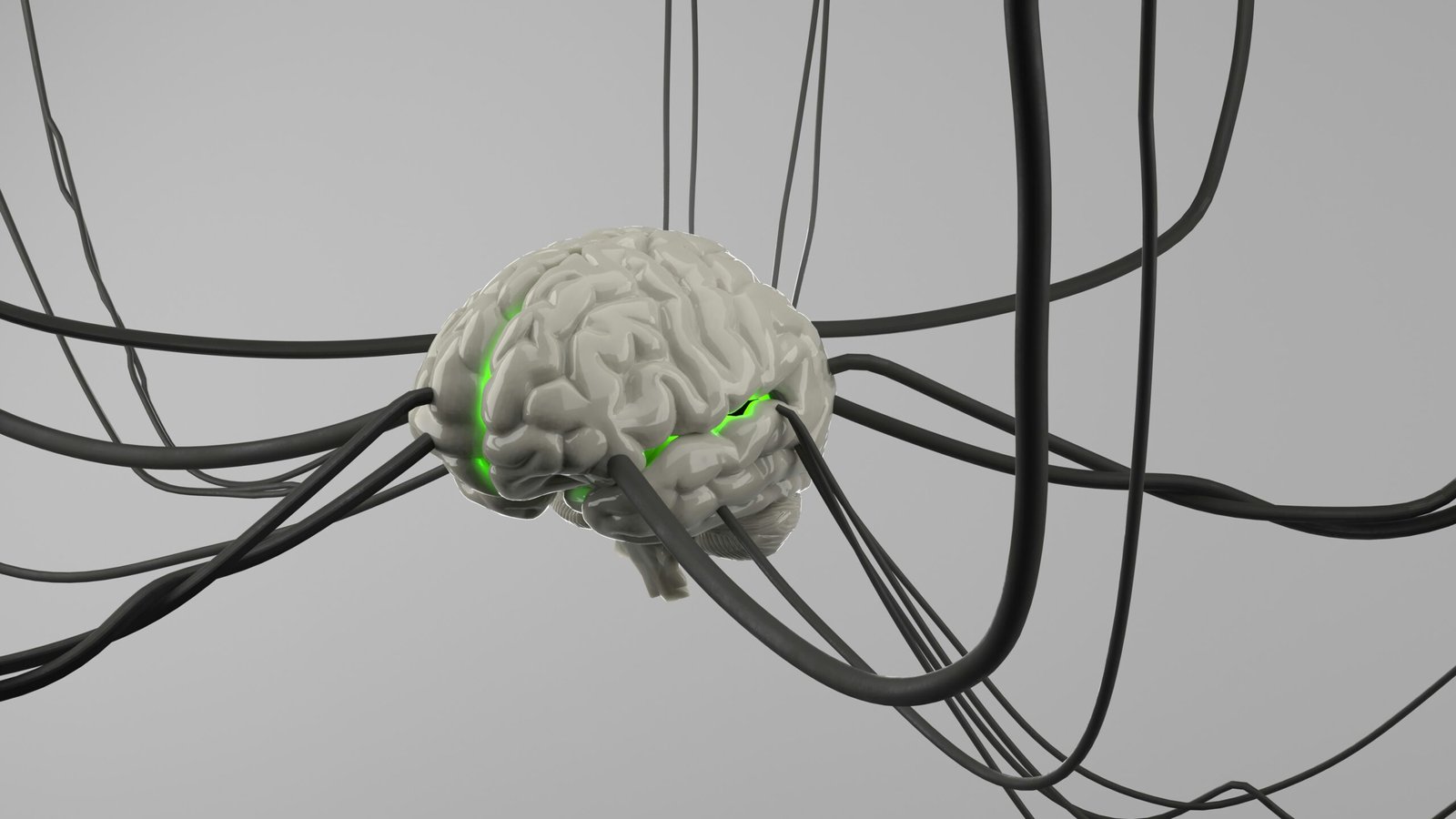Dementia and Alzheimer disease (AD) is among the rapidly expanding health issues worldwide and it is a disorder that impairs memory, thinking and daily life. It is well known that genetics and especially, the APOE4 gene variant, is a very powerful factor in risk determination. But genes are not destiny.
The article that illuminates the interaction between blood metabolites (the plasma metabolome) and diet with genetics to determine the risk of dementia is published in Nature Medicine in 2025.
The results indicate that the field of precision nutrition and in particular the Mediterranean diet have a potential to counteract genetic risks and give hope to millions of people at risk.

The APOE4: The Wildcard of Genetics in Alzheimer
APOE gene is of three common types: APOE2, APOE3 and APOE4. Bearing one APOE4 allele raises the risk of dementia 3-4 times, whereas two copies (homozygotes) doubles the risk 8-12 times in comparison with APOE3 carriers.
The paper established that APOE4 homozygotes constitute a specific genetic subtype of Alzheimer, and their metabolic alterations can be observed decades before the disease manifests itself. They are distortion of lipid metabolism, accumulation of cholesterol, and a poor use of glucose in the brain -all of which hasten the onset of dementia.
The Importance of the Metabolites in the Blood
Based on the results of more than 4,200 women in the Nurses Health Study and 1,490 men in the Health Professionals follow up Study, the researchers followed up the changes in 401 plasma metabolites with dementia risk in relation to the genotype.
Key findings included:
Cholesteryl esters and sphingomyelins: strongly associated with risk of dementia, particularly among homozygotes of the APOE4 phenotype.
Glycerides: protective effects were demonstrated, only in APOE4 carriers.
Dimethylguanidino valeric acid: a higher risk of developing dementia in people with a risk variant in the APP gene (amyloid protein).
1-methylhistamine: there is a higher risk in carriers of an ABCA1 gene variant that inhibits amyloid clearance.
These findings show that dementia has a genotype specific metabolic fingerprint of potential biomarkers of early diagnosis and individualized prevention.
A Confidence Modifier: The Mediterranean Diet
Contrary to genetics, the metabolites are subject to lifestyle modifications particularly diet. The research was on Mediterranean diet (MedDiet) which is high in vegetable, fruits, whole grains, legumes, nuts, fish, and olive oil with minimal red meat and processed foods.
The results were striking:
All groups were found to have a lower risk of dementia with a high adherence to the MedDiet.
The APOE4 homozygotes were the most benefiting with the diet-induced changes in metabolites that enhanced brain strength.
MedDiet increased the amount of protective compounds such as piperine, betaine, pantothenic acid, and unsaturated fats and reduced saturated fats of harmful nature.
Of a total of 39.5% of the protective effect of diet on the risk of dementia in APOE4 carriers was mediated by metabolite changes.
This demonstrates that MedDiet does not simply enhance the overall health, it has a direct effect of altering the metabolic pathways that are linked to the risk of developing dementia, particularly in those with a genetic disposition.
Multi-Omics to predict Dementia Risk
The research also had the extra analysis of whether genetics, metabolites, and diet, when combined, could better predict risk of dementia.
The addition of APOE4 status and polygenic risk scores increased accuracy minimally.
The addition of metabolomic data increased short-term risk prediction (15 years) demonstrating that disease processes are reflected in metabolites a long time before clinical manifestation.
Protective metabolites of significance were 4-guanidinobutanoate (a GABA-related molecule), carotenoids and glutamine, which had been associated with improved cognitive outcomes.
This multi level solution is oriented to the subsequent customized dementia risk measures, in which even a blood sample test can shape individual prevention plans.
Why This Matters
It is a powerful piece of research in that it offers some of the best evidence to date that diet and lifestyle can significantly lower dementia risk even among high risk individuals.
To ordinary people, the moral of the story is obvious:
There is no inevitable dementia in the carriers of APOE4 carriers can be significantly reduced through healthy lifestyles.
Mediterranean diet is a scientifically confirmed brain protective diet.
One day, metabolomic testing will enable doctors to provide individualized nutrition recommendations depending on biology.
Conclusion
It is not a genetic destiny of dementia but rather a condition which develops in interplay of genetic makeup, metabolism and diet. This historic research demonstrates that APOE4 is a significant threat that increases dementia but its negative impact can be overcome through the Mediterranean diet and positive metabolic processes.
With the evolution of precision medicine, the future of brain health can be precision nutrition whereby your DNA and blood chemistry is used to create a diet plan that helps to protect the memory and brain functionality.
Reference:
Liu, Y., Gu, X., Li, Y., et al. (2025). Interplay of genetic predisposition, plasma metabolome and Mediterranean diet in dementia risk and cognitive function. Nature Medicine. https://doi.org/10.1038/s41591-025-03891-5

